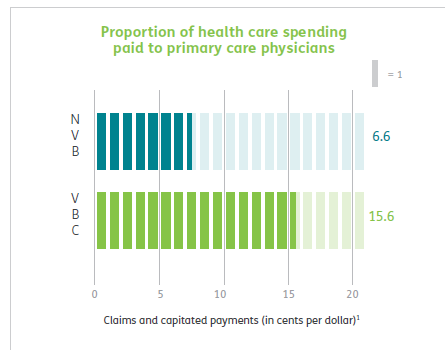
By EMMANUEL ANIMASHAUN
The Centers for Medicare & Medicaid Services (CMS) Star Ratings system represents a cornerstone of quality assessment in Medicare Advantage (MA), designed to empower consumers with transparent information while rewarding plans that deliver superior care. Yet recent developments, particularly the seismic downgrading of Humana’s ratings reveal an unintended consequence: a system created to measure and incentivize quality may now be actively undermining it.
The Humana Case: Symptom of a Broader Problem
In 2025, Humana’s Medicare Advantage star ratings collapsed, with only 25% of members remaining in four-star or higher plans, down from 94%. This wasn’t due to declining clinical performance but resulted from CMS’s “Tukey outlier deletion” statistical adjustment implemented with minimal industry consultation. The change raised performance thresholds, causing Humana to lose billions in Quality Bonus Payments and $4 billion in market value. Humana’s legal challenge, arguing that CMS violated the Administrative Procedure Act through non-transparent processes, was denied. Other insurers including UnitedHealthcare and Centene also share concerns about methodological rigidity and that the rating system may have diverged from its purpose of improving patient care.
Perhaps more striking are the cases of Elevance and SCAN, which further illustrate how rigid metrics can distort assessments of actual care quality. In March 2023, both insurers were penalized after allegedly missing a single CMS “secret shopper” phone call, a call they claim was never received. The downgrade cost them tens of millions in Quality Bonus Payments and triggered legal challenges. As SCAN’s CEO wrote, the sanction came despite strong clinical performance and patient outcomes. A federal judge later ruled in favor of SCAN in June 2024, prompting CMS to recalculate the Star Ratings across all Medicare Advantage plans. This episode underscores a key concern: when measurement hinges on unverifiable administrative moments, it may end up punishing rather than promoting quality.
How Quality Measurement Can Undermine Actual Quality
The Star Ratings system aggregates over 40 metrics across preventive care, medication adherence, member experience, and customer service. However, it disproportionately rewards process compliance and documentation over health outcomes. Plans can excel by optimizing coding, maximizing documentation, or boosting survey participation without delivering better care. This misalignment diverts resources from genuine health innovations. Research from an NBER working paper even found that better-rated plans aren’t statistically better at keeping patients alive than lower-rated ones, raising fundamental questions about whether the system measures what truly matters for patient health.
Even more concerning is that MA contracts with higher proportions of dually eligible, disabled, or racially diverse members consistently score lower, not because they provide inferior care, but because the scoring system inadequately adjusts for social risk factors. A JAMA Health Forum study highlighted how plans serving more Black beneficiaries had lower star ratings even when controlling for other factors. This structural bias effectively penalizes plans doing the challenging work of serving populations with complex needs, creating a perverse disincentive to focus on health equity.
The uncertainty from frequent changes in star rating computation could also pose severe implications for strategic planning for companies. When a company like Humana loses billions due to a technical recalibration, it sends a troubling message: long-term investments in quality improvement may not yield returns if measurement methodologies change unpredictably. This volatility makes strategic planning difficult and discourages sustained investment in quality initiatives.
The Real-World Impact on Patients
These methodological shortcomings do not just affect health plans’ bottom lines; they have tangible consequences for Medicare beneficiaries. When plans lose Quality Bonus Payments (QBPs), they often must scale back valuable supplemental benefits like transportation assistance, dental coverage, or in-home support services, or increase plan premiums, as Avalere Health suggests. McKinsey estimates CMS rating changes could cost plans over $800 million in bonuses, reducing resources available for such benefits.
Continue reading…















